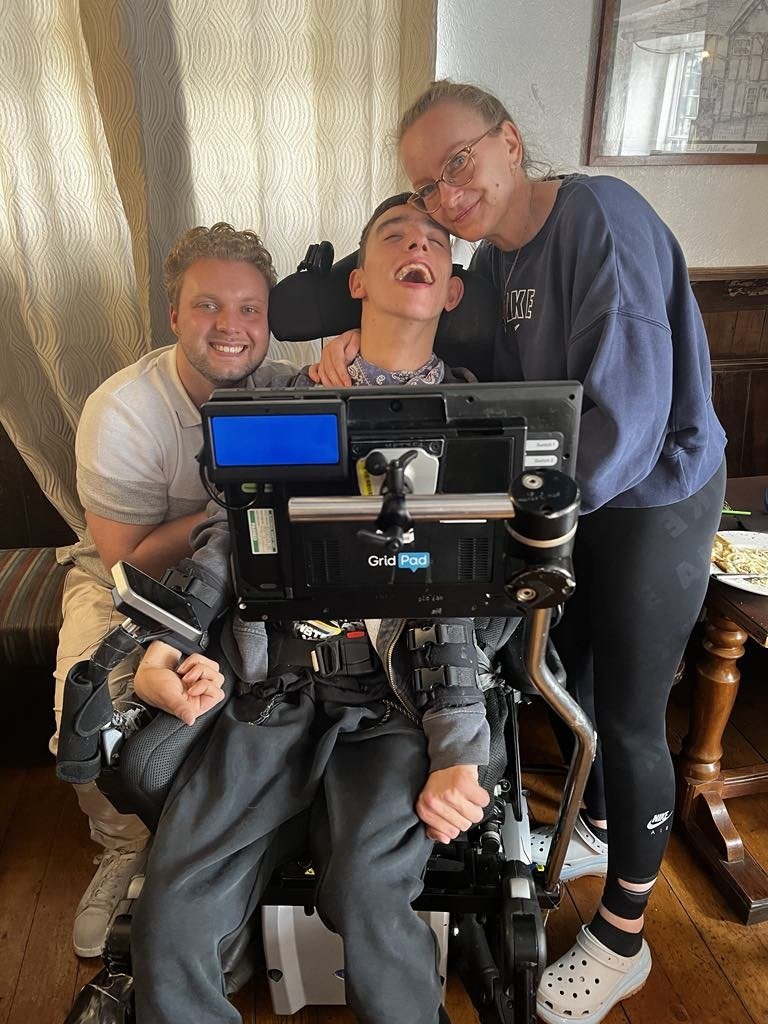When it comes to health, we tend to think of the obvious—our energy, our aches, our immune system. But what about the things we can’t see? You could walk past someone who looks completely fine on the outside, never realizing they’re carrying the heavy weight of anxiety, sadness, or confusion inside.
And when we do talk about mental health, terms like “mental illness” and “mental disorder” often come up. But are they the same? Do they mean something different? And does it really matter?
At ManoVaidya, we believe that understanding the language of mental health is the first step to getting help—and offering it to others. So let’s unpack these two commonly confused terms in a way that makes sense.
Mental Illness vs. Mental Disorder: Is There a Real Difference?
Let’s clear this up.
The term “mental disorder” has been used for decades in medical texts. It’s clinical, a bit cold, and focuses on dysfunctions in thinking, mood, or behavior. It’s the label doctors and textbooks often use.
“Mental illness”, on the other hand, feels more human. It acknowledges that someone is sick, not broken. It’s a term that connects mental struggles with the broader concept of health—reminding us that our minds and bodies are deeply intertwined.
Today, people and professionals alike tend to use “mental illness” more frequently because it reflects a more compassionate, whole-person view of what’s happening.
In short: Both terms describe the same conditions, but “mental illness” is generally more relatable and less stigmatizing.
Common Types of Mental Illness You Might Recognize
Mental illnesses don’t always announce themselves loudly. Sometimes they whisper through sleepless nights, drained motivation, or that constant feeling that something’s just off. Here are some common types:
-
Anxiety Disorders – Feel like you’re constantly on edge or stuck in worry mode? You’re not alone. Panic attacks, restlessness, and racing thoughts are all signs.
-
Mood Disorders – Depression, bipolar disorder, and other mood issues can turn your emotional world upside down, even when “nothing is wrong” externally.
-
Personality Disorders – These affect how you relate to others and manage life. You might feel stuck in unhelpful patterns and not know why.
-
Psychotic Disorders – These include hallucinations or delusions, often seen in conditions like schizophrenia. They can disconnect a person from reality in distressing ways.
-
Trauma-Related Disorders – Past trauma, such as abuse or loss, can leave a lasting mental scar. PTSD is one well-known example, but trauma shows up differently for everyone.
-
Substance Use Disorders – Alcohol, drugs, and even some medications can become coping mechanisms—and over time, they can take over.
-
Eating Disorders – Food can become a battleground for emotional pain. Conditions like anorexia or binge eating are rarely just about food.
So… When Should You Reach Out for Help?
Here’s a truth that often gets lost: You don’t need to “hit rock bottom” to get help. If something feels off—even a little—it’s okay to check in with a mental health professional. You don’t need a diagnosis to deserve support.
At ManoVaidya, we create a space that’s judgment-free, gentle, and guided by compassion. Whether you’ve been struggling for years or just recently started feeling overwhelmed, we’re here to help.
Our online mental health consultations let you speak with experienced, licensed professionals without ever leaving your home. No commute, no waiting room—just real support, from real people, who care.
Why Clarity Matters
When we understand the difference between terms like “mental illness” and “mental disorder,” we start to see mental health more clearly—not as something to fear, but as something we all have.
And just like physical health, mental health needs maintenance, care, and attention.
You are not weak for needing help. You are not “less than” for struggling. You are human—and healing is always possible.
Let’s Take That First Step—Together
If you’re reading this and wondering, “Could this be me?”—that’s your sign. You don’t have to keep guessing or struggling alone. Reach out to us at ManoVaidya. Our team is ready to walk with you toward a more peaceful, balanced mind.
Because understanding is powerful. And support? Even more so.





